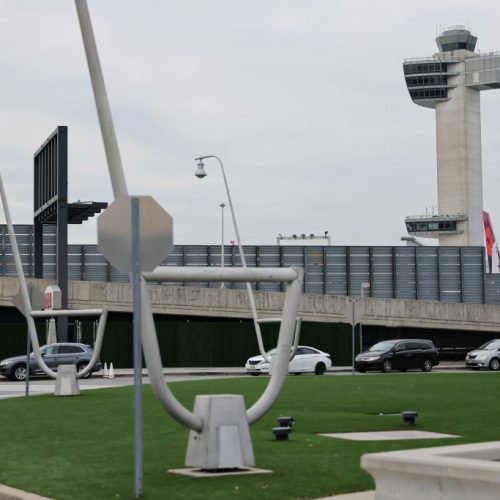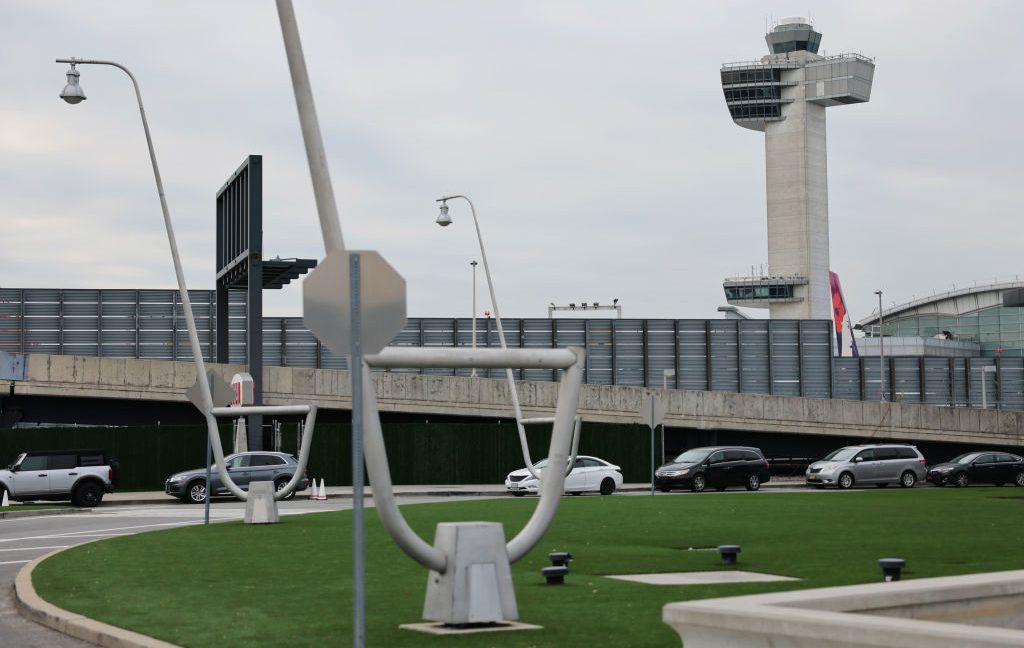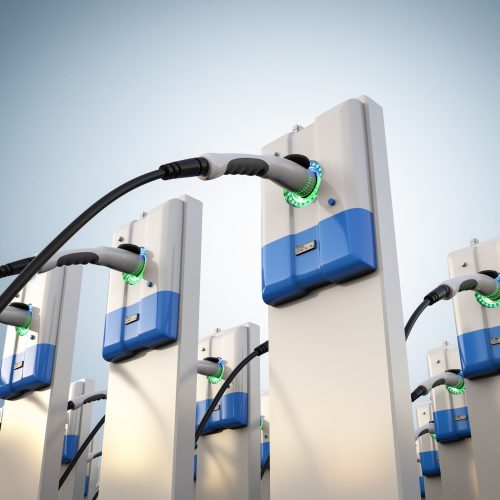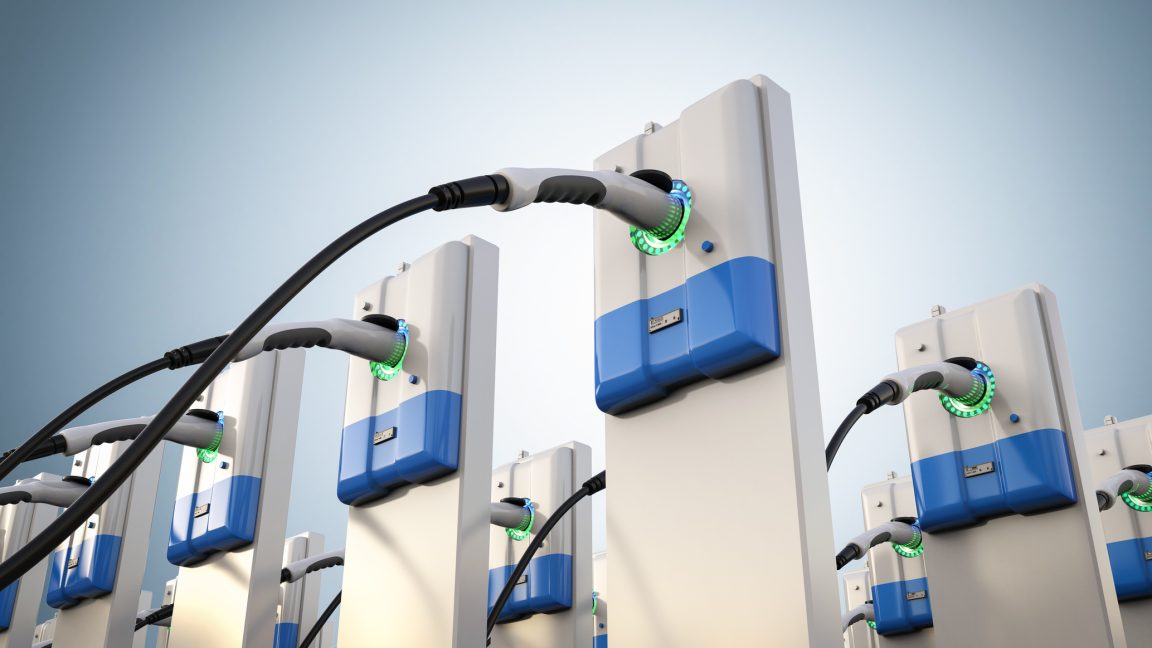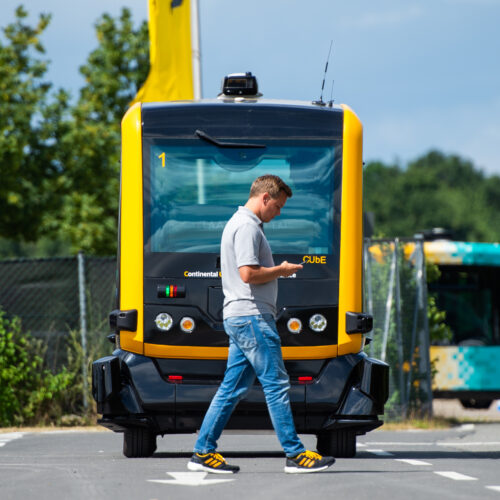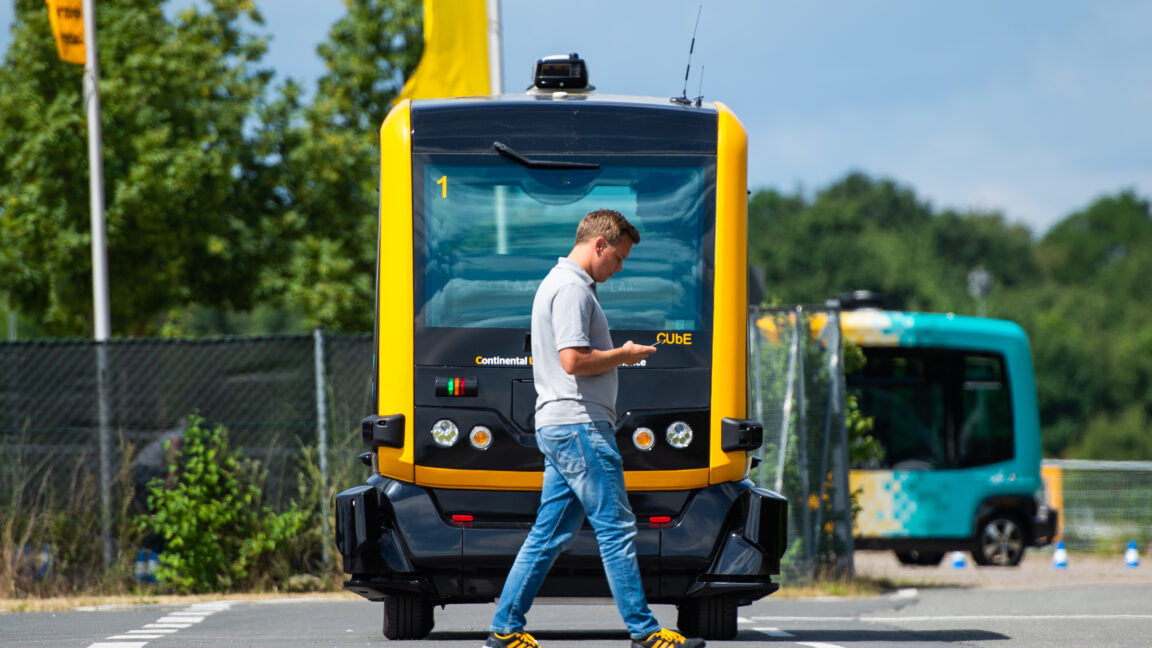In-car advertising glitch may be preview of a distracting future
Last week, a Jeep driver turned to Reddit to do what people do best on the site—complain. Every time they hit the brakes on their Jeep, they wrote, a promotion for an extended warranty plan popped up in the center console. “Press the ‘call’ button to speak to a specialist,” they say the ad encouraged, welcoming the user to use their Bluetooth connection to complete the upsell then and there.
Ads are annoying and occasionally insidious; an ad that repeatedly appears inside one’s own car more so. According to other online posts on Reddit and Jeep forums, the issue goes back several years, affecting several models of Jeeps.
Stellantis, which owns Jeep, says the repetitive nature of the promotion was a glitch. “This is an isolated incident affecting fewer than ten vehicles at this time limited to the US,” Dan Reid, a spokesperson for the automaker, wrote in a statement. He acknowledged, though, that Stellantis shows other drivers in-vehicle promotions, too. Dodge owners, for example, get an infotainment push after 60 days of purchase offering the Dodge Complete Performance Package, a comprehensive warranty offering. Stellantis says that, on average, customers receive about two in-vehicle messages annually, containing safety, maintenance, or marketing information.
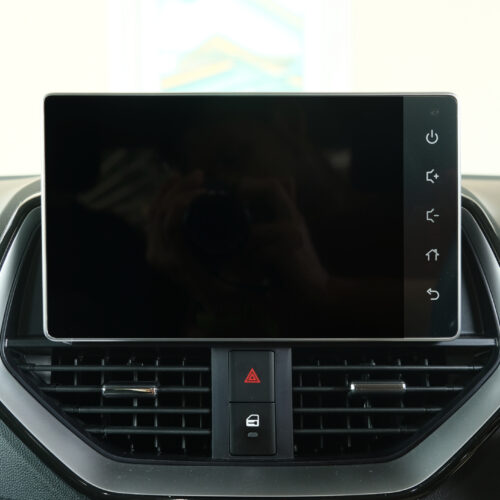
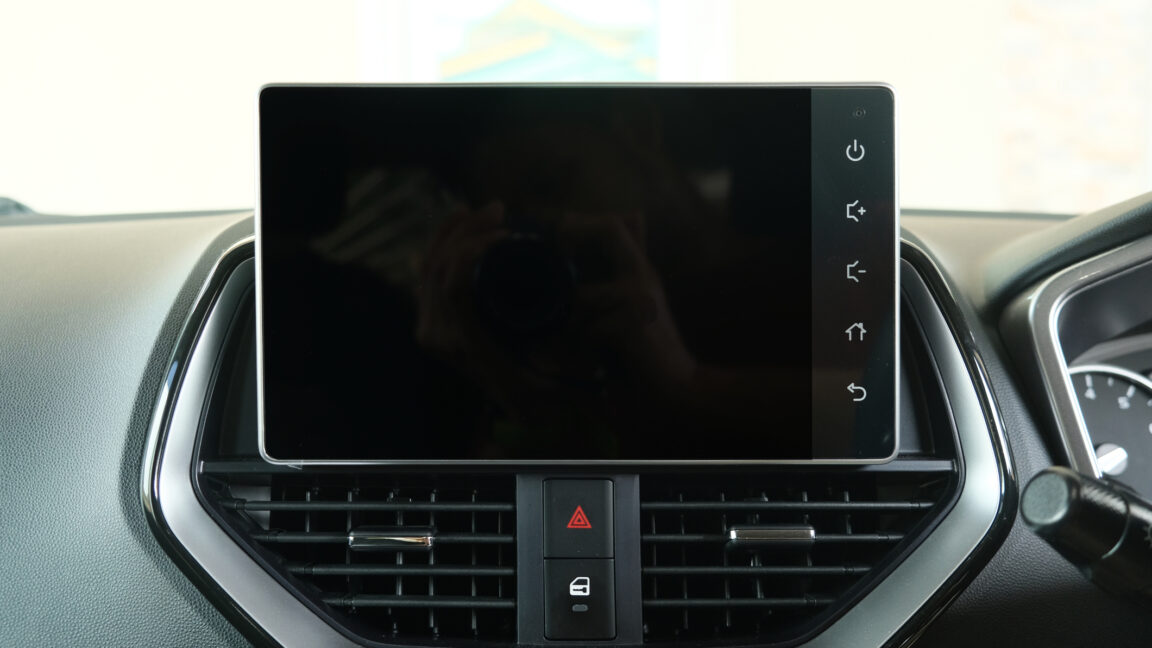
© All_About_Najmi via Getty
